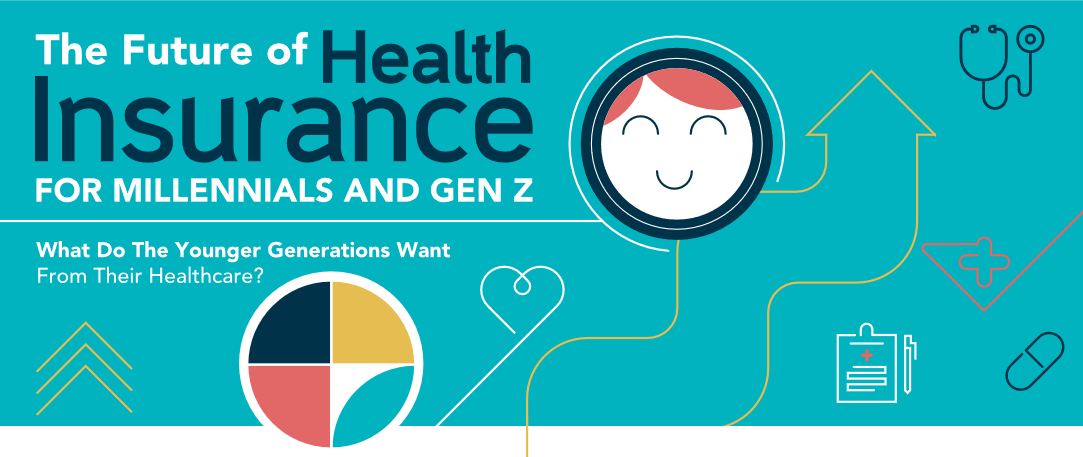Younger generations, whether they be Millennials or Gen Z, are changing how we work and since American health insurance has been tied to traditional employment since the 1940s, how will the system adapt? First, the dissatisfaction with the status quo of current healthcare is becoming more and more apparent and the problems are really starting to grind the gears of many of the working class. Millennials are dissatisfied with the wait time for appointments, the inconvenient availability, and the poor work efficiency. Work flexibility in particular is very important to younger generations and because of this, many are changing how they work. 20% of Millennials in the past year have switched jobs, and, as of 2017, more than half have switched to freelance work, but that’s not to say they are working less as 84% still have experienced the effects of burnout from overwork.. The thing with freelance work, however, is that it lacks the benefits of traditional employment, thus they lose medical, dental, and life insurance. Younger generations are also switching healthcare plans more frequently because they felt like company representatives weren’t knowledgeable, they weren’t getting good value of cost vs coverage, the plan didn’t support their preferred provider, and poor range of options available with their previous provider.
So all of this points to the fact that we need a new system since the people who are working differently are now the largest slice of the adult population, we can’t ignore their needs. Millennials want, in their healthcare, to know their physician before their visit, as 76% already read reviews from other patients before choosing a doctor, to book appointments and pay online, and have patient-centric healthcare experiences as 47% who have switched providers blame bad customer service.
Find out how the changing of work is also changing the future of healthcare for the better here:


